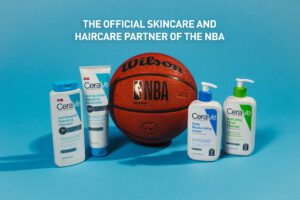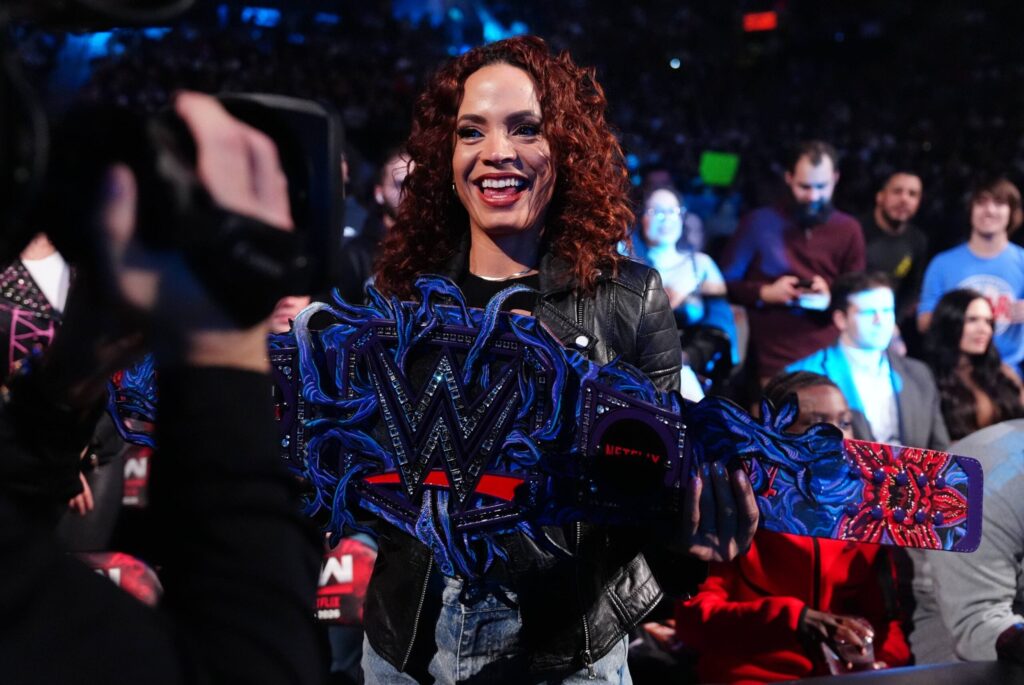If you think NIL is only for powerhouse football programs or Final Four contenders, think again.
Since a policy change in 2021, college athletes can use their NIL (Name, Image and Likeness) to earn money and not lose their NCAA eligibility. The new set of rules opened the door for athletes themselves to become content creators, influencers, accept sponsorships and launch their own businesses — and this applies to all sports, not just college football.
“NIL in college sports is a very big opportunity. It feels like TikTok in 2020,” Tinashe Chaponda, co-Managing Partner of Sosani Consulting Group, an agency focused on connecting brands to Gen Z and millennial culture, said during the National Association for Multi-Ethnicity in Communication’s annual conference last month.
While Miami Quarterback Carson Beck nabs headlines that his NIL agreement could be worth upwards of $5 million, there’s plenty of more affordable options for brands.
“The opportunity is not just in the main revenue sports — football and basketball — it’s in the non-revenue avenues. There’s a lot of kids right now that are rowers or volleyball players who have a pretty decent following that you should be tapping into,” Chaponda said. “Now the conversation of how to do that is reframing marketers’ brains to realize it’s still the same thing like influencer marketing, it hasn’t changed. The key thing is the fact that they are an athlete first, before creator. It’s about changing your expectations of how to work with them.”
He believes there’s a big opportunity when it comes to regional plays and targeting specific DMAs (Designated Marketing Areas). For example, Sosani worked with Warner Brother Discovery for its film “One Battle After Another” by creating a campaign targeting HBCUs.
A former YouTuber himself, Chaponda has worked with brands such as Lexus, Cash App, and Amazon and celebrities from Dwayne “The Rock” Johnson, Lil Yachty, Khaby Lame, Kayla Malecc and many more. Since Sosani’s founding in 2020, the firm has executed approximately $3 million worth of campaigns and consulted on an additional $2 million of creator deals, according to Chaponda’s Forbes’ 2025 “30 Under 30” profile.
Chaponda advised brands to also think beyond hiring influencers, adding that brands themselves can be the creators. “You’ve seen a lot of small businesses that just start doing a live stream or TikTok shop, where they’re just displaying what their products are from their manufacturing aspect as well. So we like to preface with that, because it’s not always so over complicated as the jargon makes it to be,” he said.
Amy Maclean is Editorial Director at Cablefax.








